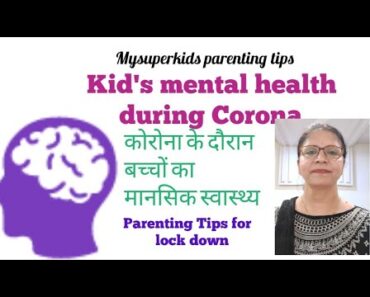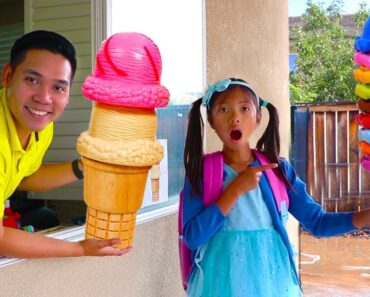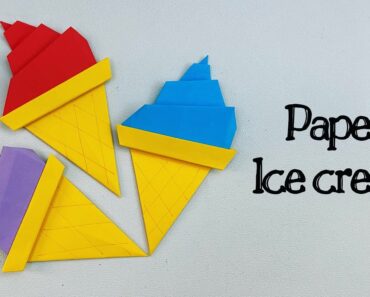MRSA infections are bacterial infections caused by methicillin-resistant Staphylococcus aureus bacteria, often called superbug. These are genetic strains of Staphylococcus aureus bacteria that have developed resistance to commonly used antibiotics.
MRSA bacterial infections are difficult to treat due to the bacteria’s multidrug resistance, and delay or no treatment could result in life-threatening complications. Seek medical care if you suspect MRSA skin infection in your child.
Read this post to know more about the causes, risk factors, complications, symptoms, diagnosis, treatment, and prevention of MRSA infection in children.
Causes Of MRSA Infections In Children
MRSA bacteria can be present on the skin and in the nasal passages of many people but may not cause diseases. The bacteria may cause infection if there is a cut or wound on the skin or if the child’s immune system is weak.
Previously, MRSA was a nosocomial (hospital-acquired) infection. However, these days, one in three people (33%) carries S. aureus bacteria, and two in 100 people carry MRSA on the skin without knowing it. The risk for MRSA is higher outside healthcare settings (1).
MRSA is contagious through skin-to-skin contact. Touching, sneezing, and coughing are significant sources of how children get MRSA infection (2). Poor hand hygiene and not following cough etiquette increase the risk of transmission of the bacteria.
Risk Factors And Complications Of MRSA Infection In Children
The following factors may increase the risk for MRSA infection in children (3).
- Skin injuries
- Piercing
- Tattooing
- Previous MRSA infection
MRSA infection can often be high in certain groups of the population, such as children belonging to a sports team or peer groups, since they may share sports equipment or clothing and skin-to-skin contact is high.
The possible complications of MRSA infection in an untreated child may include the following (4).
- Bacteria may damage nearby tissues.
- MRSA may cause fatal complications, such as sepsis (blood poisoning), septic shock, pneumonia, necrotizing fasciitis (NF or flesh-eating disease), osteomyelitis (bone infection), or endocarditis (heart infection).
Signs And Symptoms Of MRSA Infection In Children
Skin infection is the most common form of MRSA infection in children. Open wounds such as scrapes or simple cuts, primarily on the legs and buttocks, can be infected with MRSA.
The MRSA skin infection may look like any of the following (5).
- Bump on the skin that may seem like a pimple, spider bite (blackened center), or a boil
- Red bumps with swelling and fluid leak
- Warm or hot skin around the sore
- Painful sores
- Pus-filled spots or boils
- Boils leaking pus
Note: Always wash your hands with soap and water after touching the infected area of your child’s skin.
MRSA infection’s other signs and symptoms may vary depending on the severity and affected organ or part of the body. The common signs and symptoms seen in MRSA infection may include (3):
- Fever
- Chills
- Headache
- Dizziness
- Drowsiness
These symptoms can be seen in other diseases too. Seek medical care if you are unsure about the signs of MRSA infection.
When To See A Doctor
Seek medical care if your child has MRSA infection symptoms since the infection may become severe in a short duration if left untreated.
You may also inform the doctor if the infection does not heal or worsens during the treatment. Self-treatments are not recommended for MRSA infection due to its spread and complications.
Diagnosis Of MRSA Infection In Children
Symptoms, medical history, and physical examinations are helpful in the diagnosis of MRSA infection. Pediatricians may order the following tests to confirm the presence of MRSA and look for possible complications (6).
- Skin swab
- Blood tests and blood culture
- Sputum culture
- Culture of fluid from the sores
- Chest X-ray
- Echocardiogram
Pediatricians may order diagnostic tests based on the symptoms and signs of your child. Early diagnosis and treatment could help prevent morbidities and life-threatening complications of MRSA infection.
Treatment For MRSA Infection In Children
Treatment for MRSA infection depends on the symptoms, severity of the disease, age, and health status of your child. The following treatments are given for MRSA infection in children (4).
- Mild skin infections are opened to drain the pus. You may have to keep the wound clean and covered as directed by the doctor. Doctors may prescribe antibiotic tablets and topical antibiotic ointment.
- Hospitalization and IV antibiotics treatments are needed for MRSA infection that has spread to other parts of the body
- Joint infection may be treated with surgery to drain the infected fluid from the joints.
- Bathing in diluted bleach water is recommended for recurrent MRSA skin infections. You may use half a cup of bleach in a bathtub that is one-fourth full of water.
- Antibiotic soaps, such as those with chlorhexidine, may be needed for recurrent infections
- Antibiotic medicines may be given for application in nasal passages where MRSA usually resides.
It is essential to take antibiotic medications on time and complete the prescribed course, even if the signs and symptoms disappear and your child feels well. In most cases, the infection resolves within a week of antibiotic treatment, and you may make a follow-up visit to evaluate the condition.
Prevention Of MRSA Infection In Children
Teaching the following habits to your child can decrease the risk of MRSA infection and many other infectious diseases (4).
- Wash hands with soap and water or use a sanitizer.
- Keep wounds clean by applying bandages.
- Do not scratch wounds and sores.
- Avoid sharing personal items such as toothbrushes, towels, and soaps.
- Do not touch sores on self or anyone.
- Disinfect toys, mats, and high-contact surfaces regularly.
- Do not participate in contact sports with an open or bleeding wound.
- Shower after sports practice or competitions.
- Disinfect sports equipment.
- Wash sports clothes and uniforms after each use.
You may also ensure hygienic measures in highly crowded areas, such as schools, daycares, and sports facilities. It is also essential to inform teachers or coaches if your child has an MRSA infection to prevent the spread of the disease.
MRSA infections should be evaluated and treated by a certified healthcare provider. Self-treatments with over-the-counter medications and home remedies may not be effective. It is more challenging to treat than other bacterial infections since the MRSA bacteria are resistant to most commonly used antibiotics. Early diagnosis and treatment could prevent complications and severe infections.
References:
Recommended Articles

































